- Learning time
- 40 minutes
- First play time
- 120 minutes
London (second edition)
Designed by: Martin Wallace
Based very closely on the first edition, London treads a very similar path. Players are architects, rebuilding the city after the great fire, and your goal is to contribute the most, or the best, to this brave new world.
Each player ‘builds’ buildings in front of them, in the form of city cards. You begin with a hand of six, and on each turn you’ve four options: you can draw more cards, which you’ll need: as well as the buildings you build, they also form a kind of economy. You can build, which means buying one of the (larger) borough cards and placing it in front of you, gaining some instant rewards: cards, points, cash. You can develop, which means playing city cards to the table in front of you, representing your envisaged constructions coming to life. But whenever you develop a card, you must discard another card of the same colour. Discarded cards go onto a shared board, and become available for other players to draw from.
Finally, you can run your city, and this is the juice. Every building does something for you: gathering points, giving you cash or cards, and perhaps getting rid of poverty. Poverty is a kind of secondary, unwanted currency, but – in what’s a slightly dark mirror on the unseen people in and around these grand buildings – the by-product of development. Whenever you run your city you’ll pick up poverty cubes for the city cards in your city and also in your hand. If you’re the player with the most poverty at the end of the game, it costs you minus points. So you need to be mindful of how much poverty is being accrued around the table, and act accordingly.
Money is scarce in the game: although many cards give money, many others also demand it in order to be built or run. You can always get money, by taking loans, each worth £1o. But like poverty, they cost you points at game-end. You can pay them back (at a fairly extortionate £15 a pop) but there’s a balance to be struck here: taking no loans at all means playing frugally and can limit your options. Taking too many… well, they’re loans. They’re never cheap!
Play continues with players each taking one of the four options until the large deck of cards is finally exhausted. The players add up all the points on their ‘built’ city cards, and take their punishments for any poverty and loans – after that, the player with the most points wins!
The guru's verdict
-
Take That!
Take That!
There are a few cards that inflict damage on opponents, but they are not the predominant experience at all.
-
Fidget Factor!
Fidget Factor!
Low to moderate. Once you're up to speed, turns trot along relatively quickly.
-
Brain Burn!
Brain Burn!
There are two things to consider: the timing of draw/develop/run/build, and the synergy of actions on the cards themselves.
-
Again Again!
Again Again!
The bigger beats of the game don't change very much from game to game, but the smaller moments of cards and turns can vary a lot: there's a huge number of cards here and the way they interact is critical.

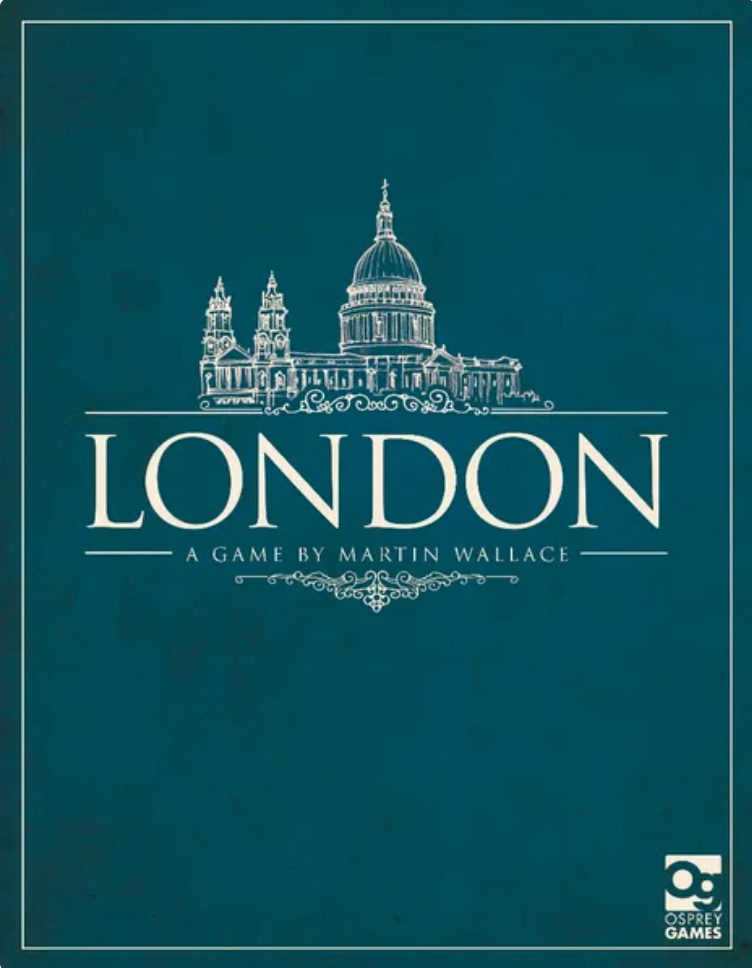


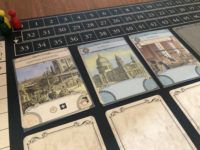
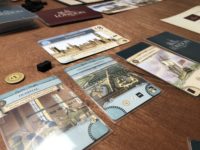
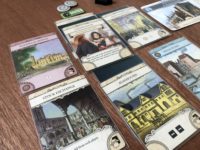
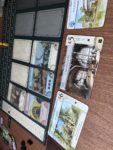


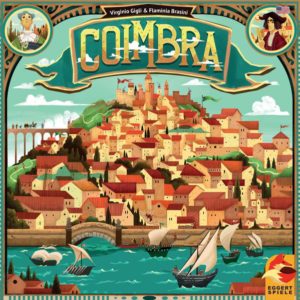
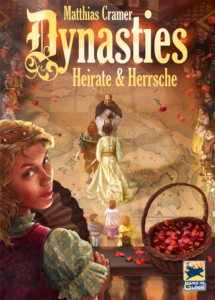
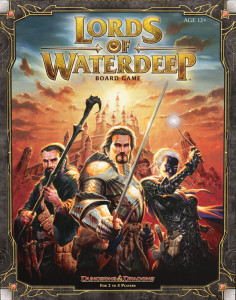
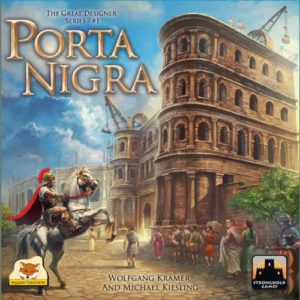
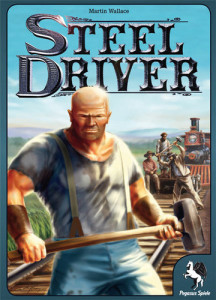
Sam says
London is a perfectly fine game that, like it's predecessor, I respect without ever getting really excited to play. And from a personal perspective I actually prefer the older game, with it's board as a sense of shared focus. On the other hand, it is a slightly more streamlined affair and cleverly devised. Absolutely nothing wrong with it at all, but I prefer some the designer's more directly interactive games: the bidding of Tinners Trail or Railways of the World, the bonkers zombie-avoidance of Hit Z Road or the semi-co-operative monster fighting of Auztralia. London is probably the most elegantly designed of all - I just find the others more fun.